General
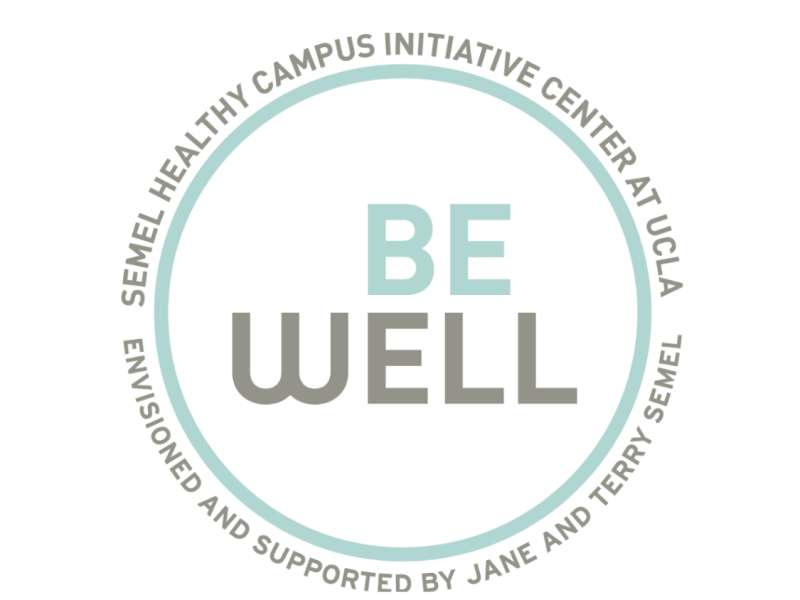
UCLA Semel HCI: Fire Disaster Resource List
The Semel Healthy Campus Initiative Center provides access to important documents and resources related to the 2025 Los Angeles fires, including emergency response plans, evacuation procedures, and safety guidelines for students, faculty, and staff.
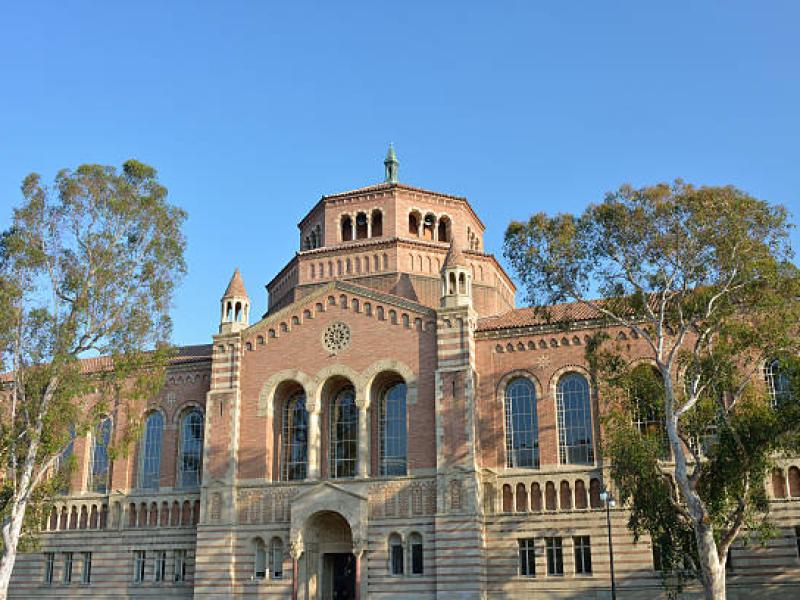
UCLA Library
As a consistently ranked top academic library, the UCLA Library drives the world-class research, groundbreaking discoveries and innovation for which UCLA is renowned. Whether on campus or online, the Library takes the lead in preserving cultural heritage, making knowledge accessible and building a library of the future. The UCLA Library has a wealth of services and resources available for student use including study space reservations, research consultation, data services, connecting from off-campus, and much more.
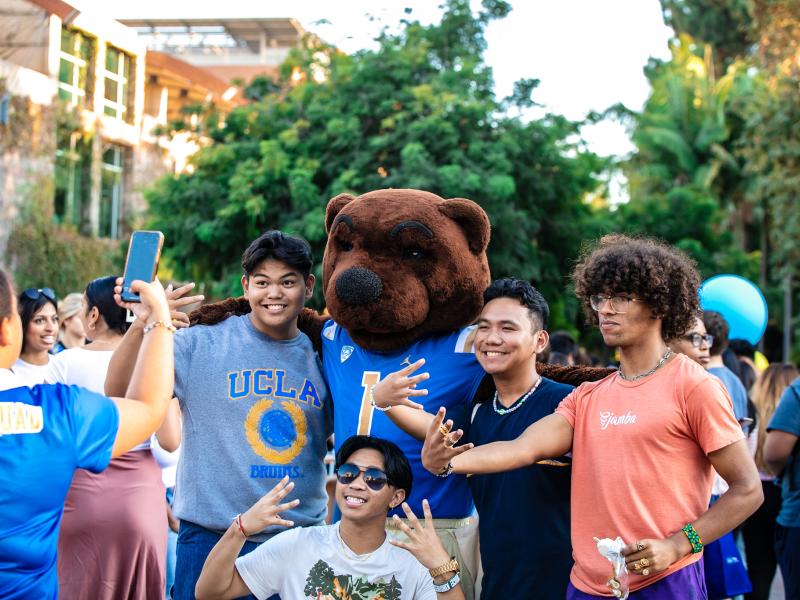
Undergraduate Students Association Council (USAC)
USAC is the governing body of the Undergraduate Students Association (USA) whose membership is comprised of every UCLA undergraduate student. USA's programs offer an invaluable service to the campus and surrounding communities and provide an opportunity for thousands of students to participate in and benefit from these endeavors.
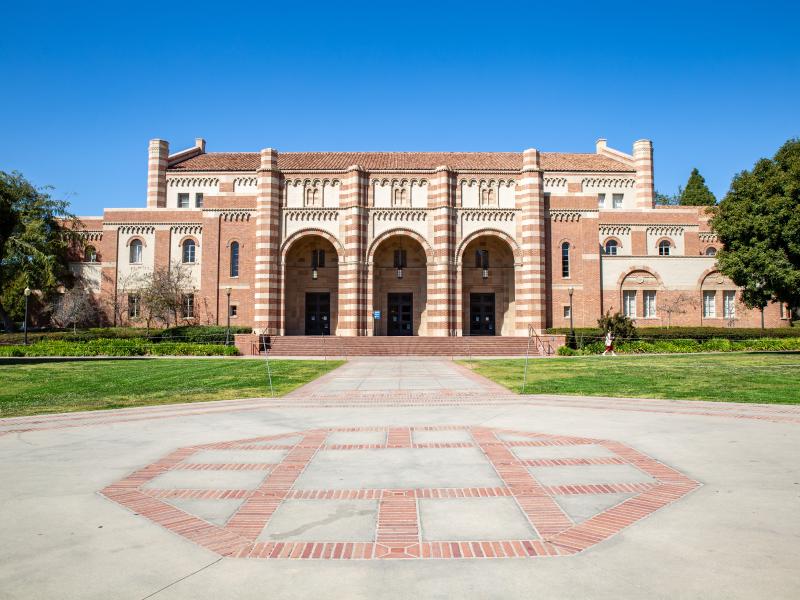
Community Programs Office (CPO)
The CPO strives to increase students from underserved communities' access to higher education, retention in the university, and graduation rates while also serving as a conscious effort in the community, working toward the empowerment of all people.
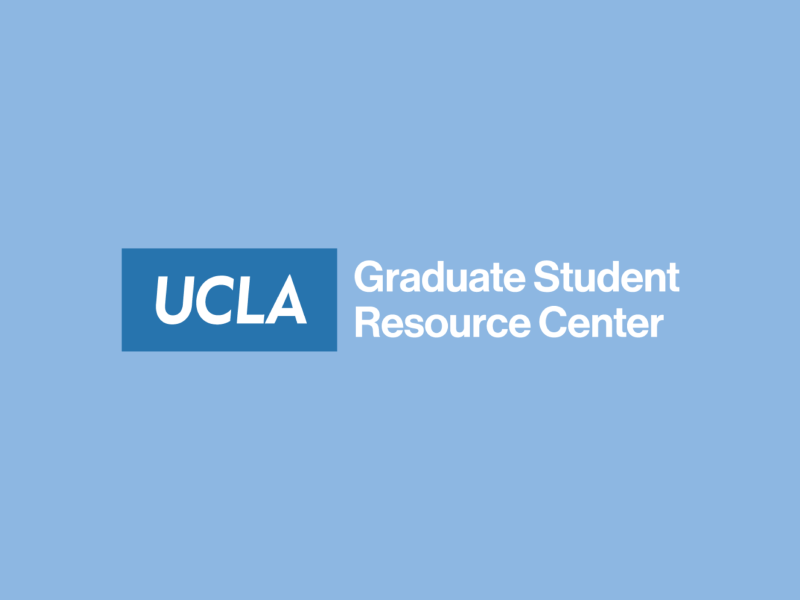
Graduate Student Resource Center
The UCLA Graduate Student Resource Center (GSRC) is a resource, referral and information center for graduate and professional school students. They offer resources, services, workshops and programs to support graduate students on campus. The GSRC works with campus partners including the Graduate Student Association to organize the campus-wide Graduate Student Orientation (GSO) and Graduate & Professional Student Appreciation Week (GPSA).
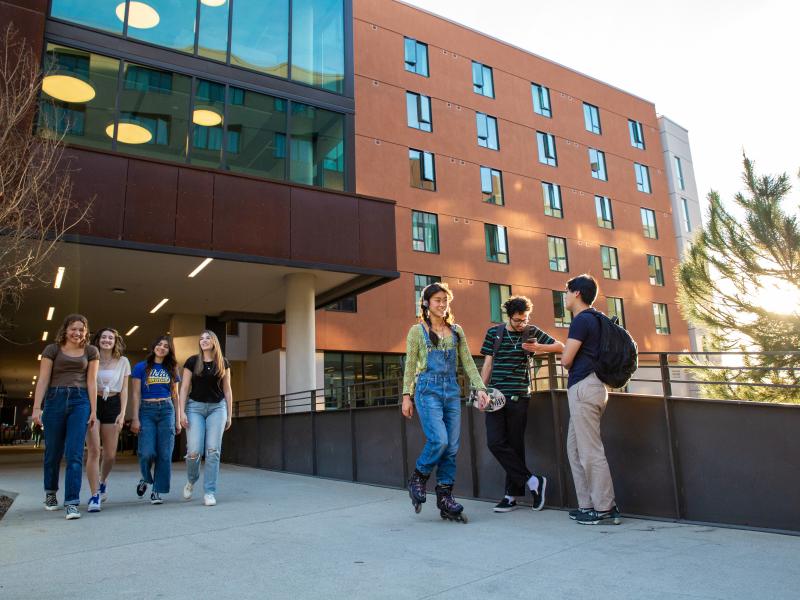
UCLA Housing
UCLA Housing oversees different university-owned housing options for undergraduate students, graduate students, and faculty members of the UCLA community. UCLA Residential Life creates safe, supportive, and inclusive living-learning communities that engage residents in the fostering of their academic success, personal growth, leadership development, and social responsibility.
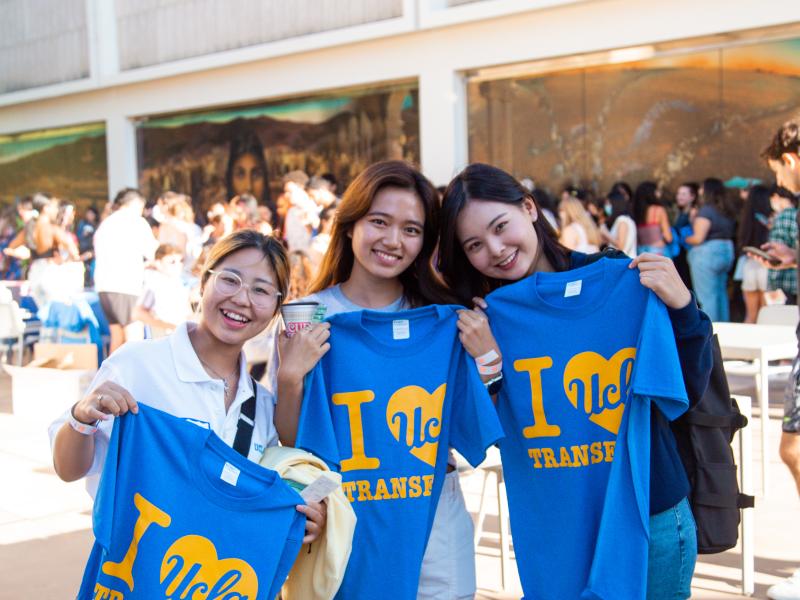
Transfer Student Center
The Transfer Student Center is UCLA's central hub for all things transfer! If you are a prospective transfer there are many resources that may be helpful, you can see them here. If you are a current or newly admitted student be sure to check out many of the resources available to you, the transfer timelines to help you map out your time at UCLA, campus-wide transfer specific events, ways to get involved, and more!
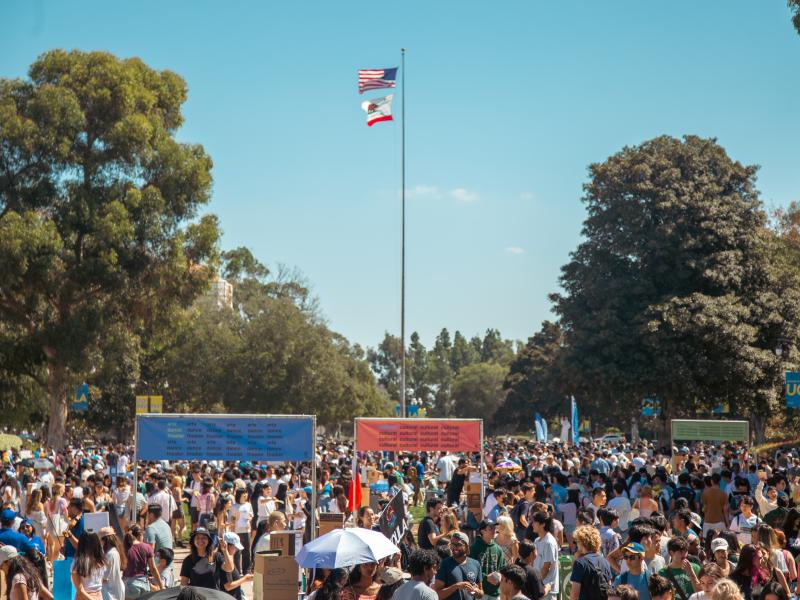
Student Organizations Leadership & Engagement (SOLE)
The Student Organizations Leadership & Engagement (SOLE) Office advises over 1,200 student organizations on campus. Services include registration of new and continuing organizations, programming assistance, organization & leadership development, fundraising approval and guidelines, funding proposal consultation, and advisement on rules and regulations. SOLE also approves time, place, and manner for the campus activities of registered student organizations.
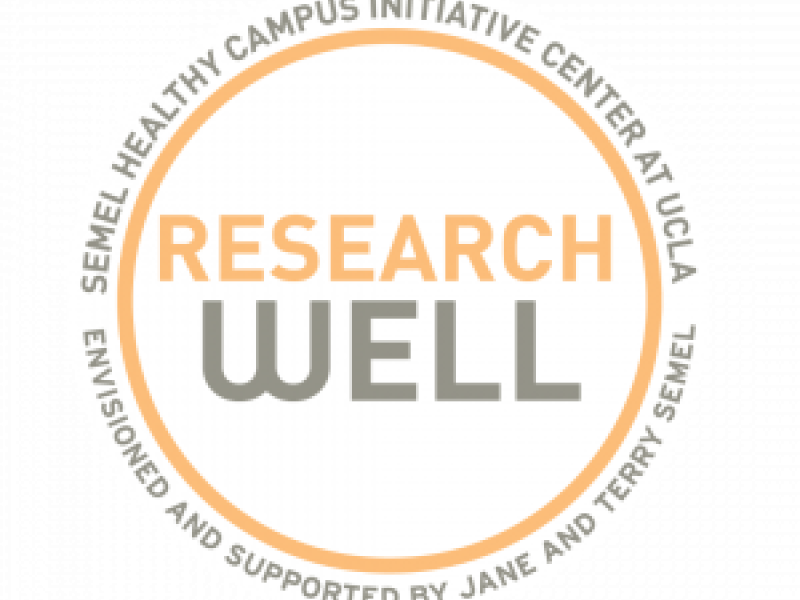
ResearchWell
ResearchWell supports Semel Healthy Campus Initiative (HCI) pods and Semel HCI-funded student groups with research and evaluation needs, works to identify campus wide data sets that inform Semel HCI policies and programs, and explores internal and external partnerships/funding opportunities to conduct research.
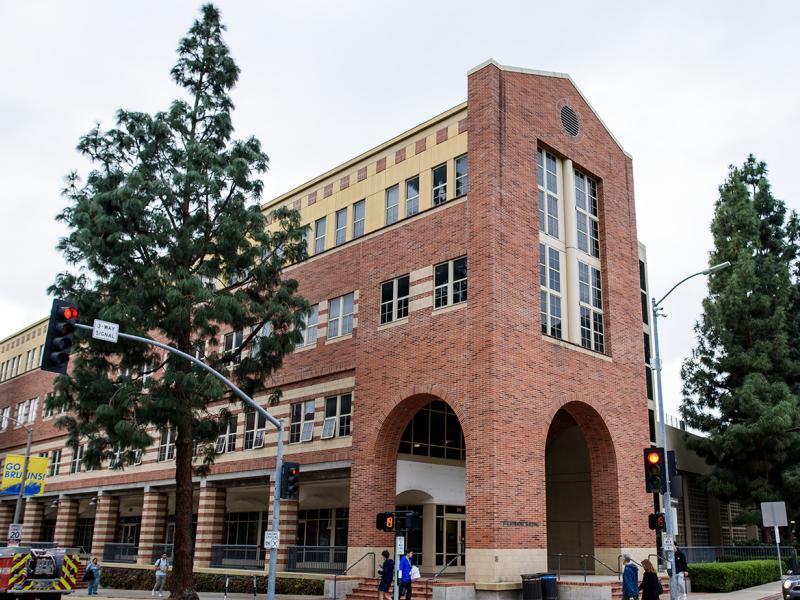
Ombuds Services
The Office of Ombuds Services is a place where members of the UCLA community–students, faculty, staff and administrators–can go for assistance in resolving conflicts, disputes or complaints on an informal basis. In order to afford visitors the greatest freedom in using its services, the Office is independent, neutral and confidential.
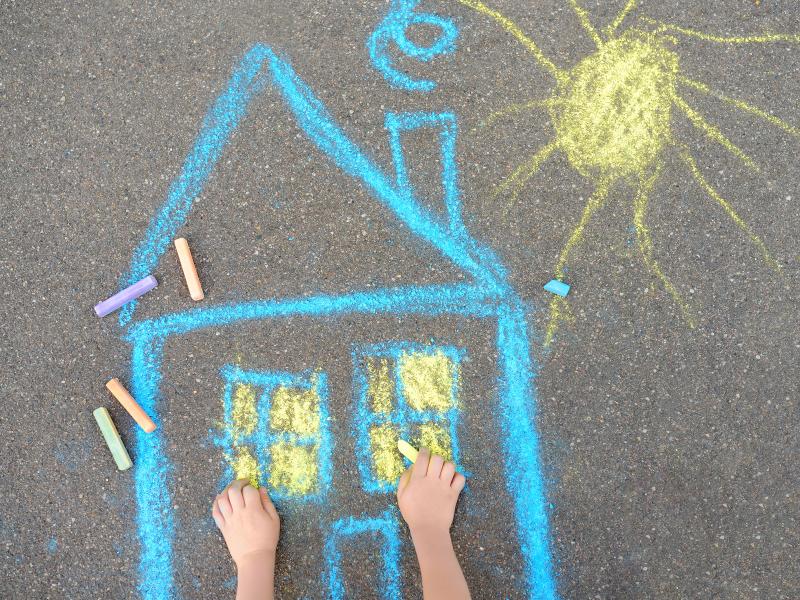
Little Bruins Clubhouse
The Little Bruin Clubhouse (LBC), funded by the Social Justice Referendum, provides free and reduced-cost evening youth programming for dependents at the Sunset Canyon Recreation Center for children ranging from diaper graduate to age 12. Student dependents may utilize the clubhouse at no cost.

LA County Consumer & Business Affairs
The LA County Department of Consumer and Business Affairs serves consumers, businesses, and communities through education, advocacy, and complaint resolution. Their mission is to create a fair and vibrant marketplace for consumers and businesses.
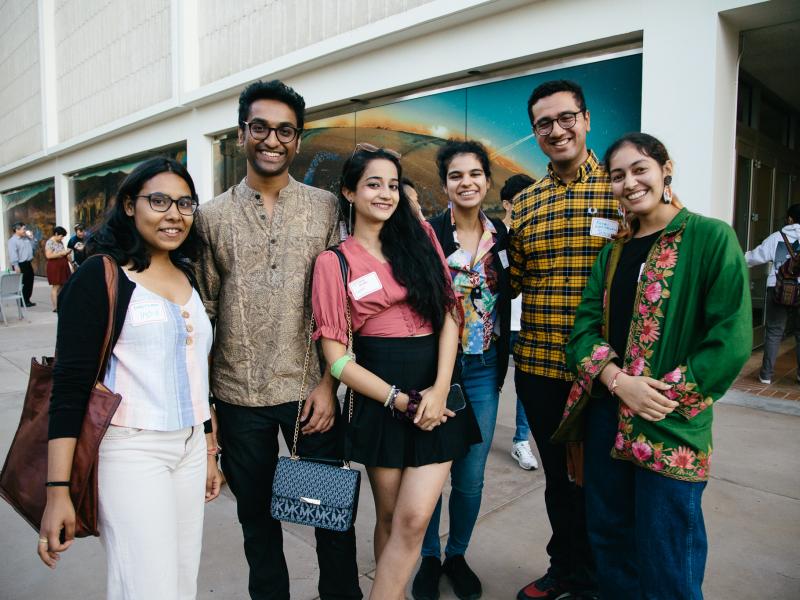
International Student Ambassadors
The International Student Ambassador program is overseen by the UCLA Dashew Center for International Students & Scholars. International Student Ambassadors are UCLA students that use their own cultural backgrounds, experiences, and knowledge to support the UCLA community. Selected Ambassadors undergo an application, interview, and training process. The Ambassadors serve on one of five specialized committees where they work on quarter or year-long projects. Through their work, the Ambassadors work to amplify the visibility, voices, and contributions of the entire UCLA international community.
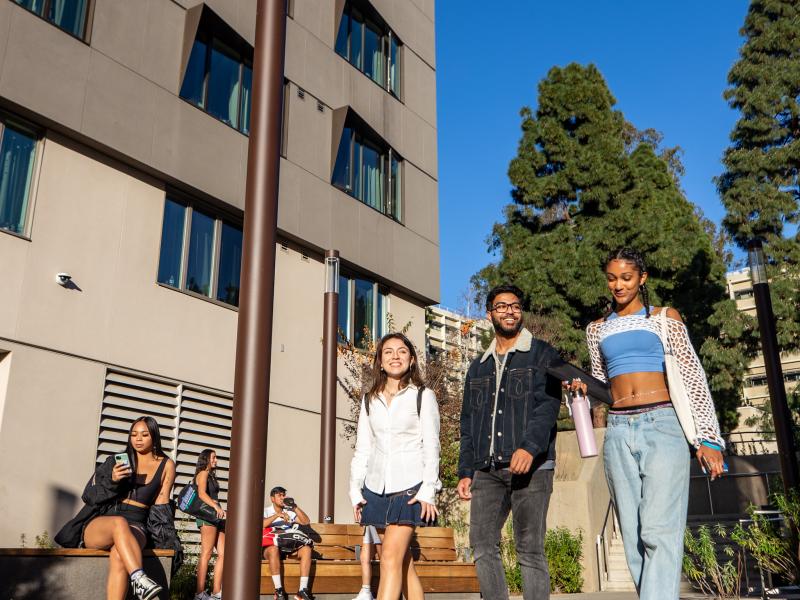
EngageWell
The EngageWell pod aims to promote healthy social relationships at UCLA working in partnership with other constituencies. Our social relationships on campus have many forms including pairs, small and large social groups, work and living units, and the campus community as a whole.
EngageWell is part of the UCLA Semel Healthy Campus Initiatives (HCI)
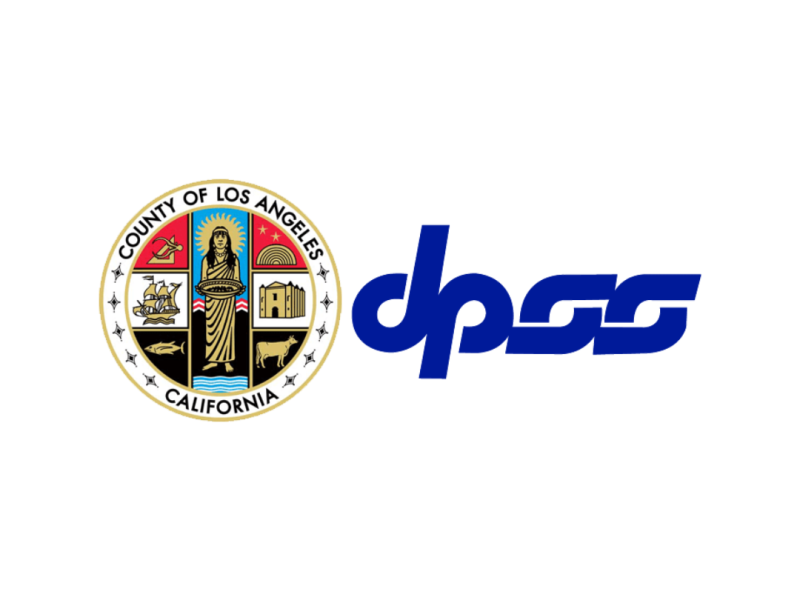
LA County Department of Public Social Services
The LA County Department of Public Social Services helps low-income families and individuals with a variety of programs and services for financial assistance through benefits programs, as well as housing and job assistance.
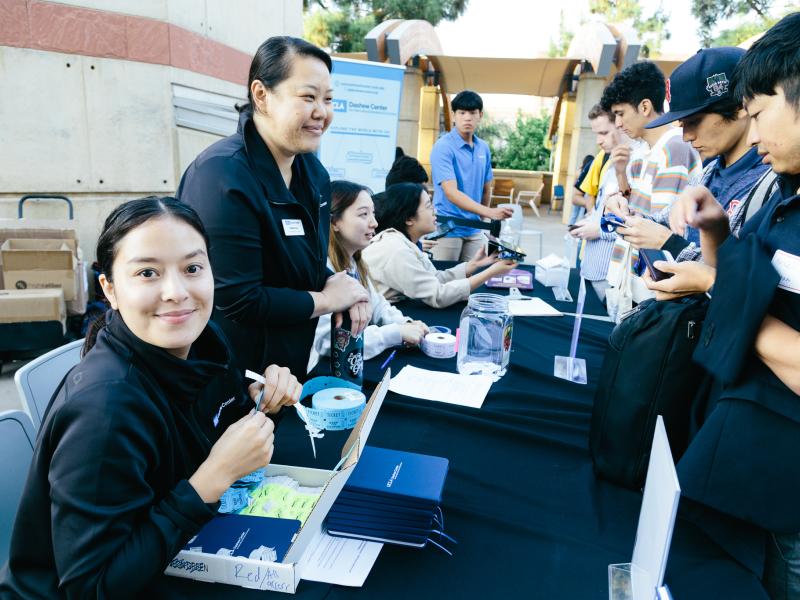
Dashew Global Siblings
The Global Siblings program pairs one student with another student of a different cultural background for the duration of the academic year. Often, we will match an international student with a domestic (from the U.S.) student, but we may also pair international students of different cultural backgrounds together.
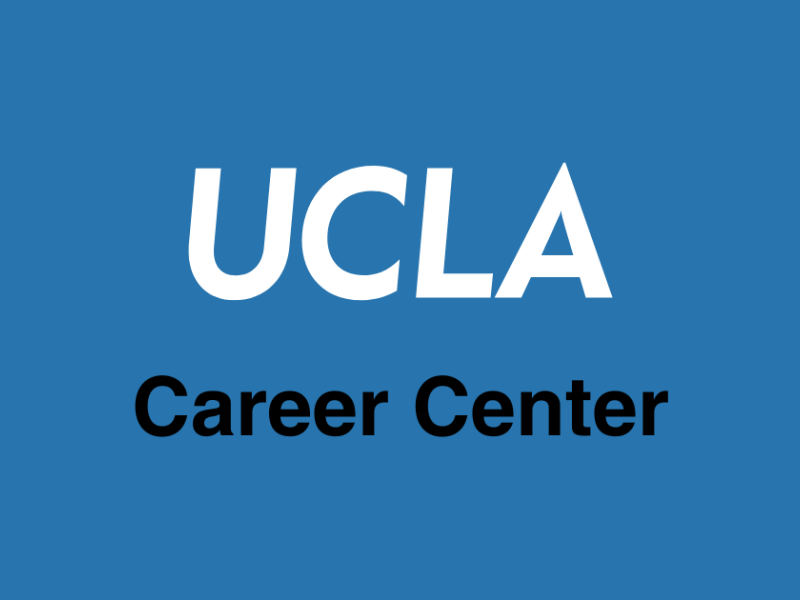
Career Center
The UCLA Career Center offers services and resources to help UCLA students, UC graduates and employers reach their goals. The Career Center can introduce students to internships, help you explore the link between your major and career choices, help you with your resume, and connect you to career fairs. There are an array of offerings the Career Center can assist students with for professional development & career planning.
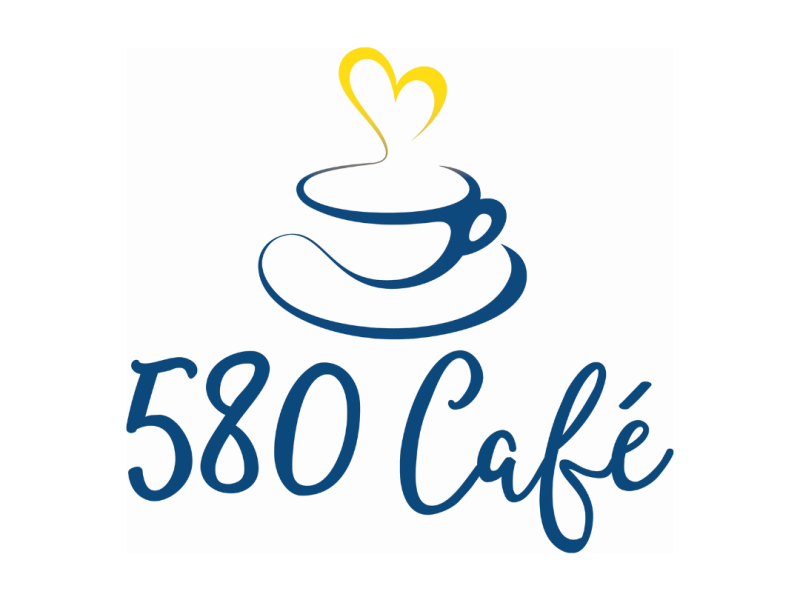
580 Café
The 580 Café is a place for students to engage in activism, and creativity through collective learning, dialogue, and relaxation. The group has daily and weekly activities led by students daily and weekly social gatherings, such as lunch on the patio, healing music and wellness presentations, mentorship program, and they also offer a shared food cupboard.
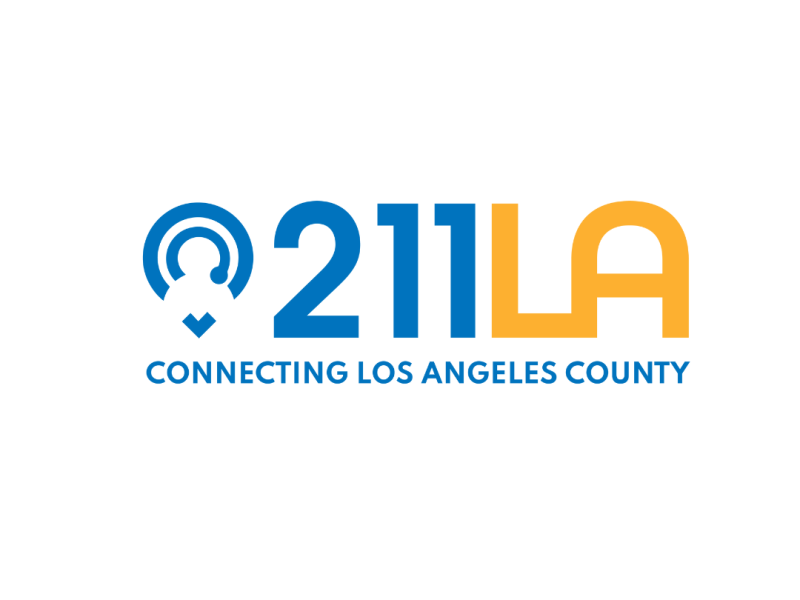
211 LA County
211 LA (or 211 LA County) is the hub of health, human, and social services for community members and organizations in Los Angeles County. They can refer individuals to healthcare services, connect people with housing and food resources, and link people to job, education, and financial support programs. They have a 24 hour 2-1-1 call line that can connect you with someone to answer all of your immediate questions, and provide access to a community calendar filled with events.
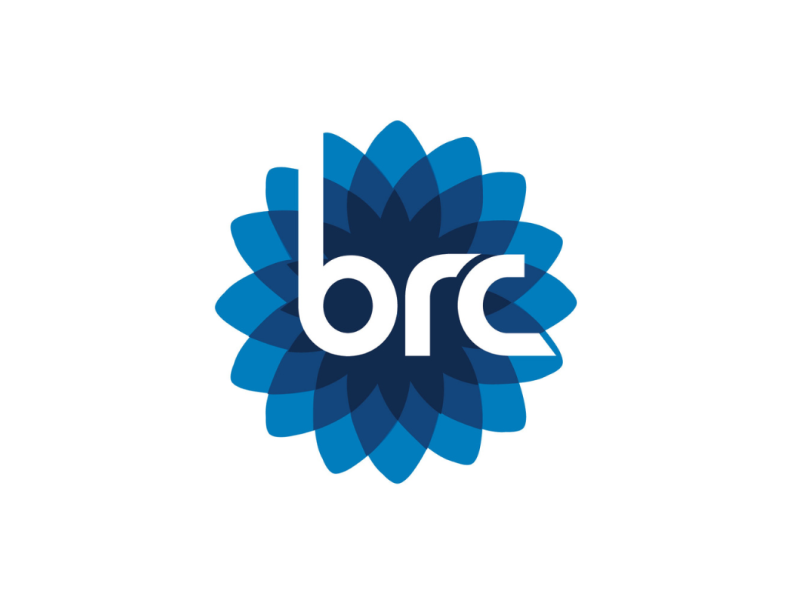
Bruin Resource Center
The Bruin Resource Center (BRC) is the home for a number of campus centers and programs that provide support to different student communities including students who have been part of the foster care and probation systems, students who are undocumented or a part of mixed-status families, parenting students and students who are taking care of other dependents such as siblings, students in recovery, students who were formerly incarcerated or impacted by the carceral system, and students who have experienced homelessness. They offer academic, social, and financial support programs.